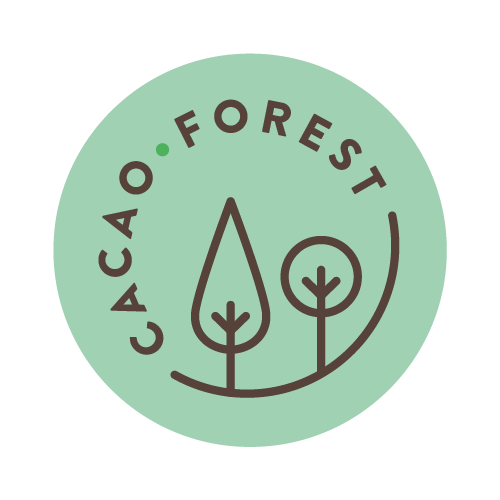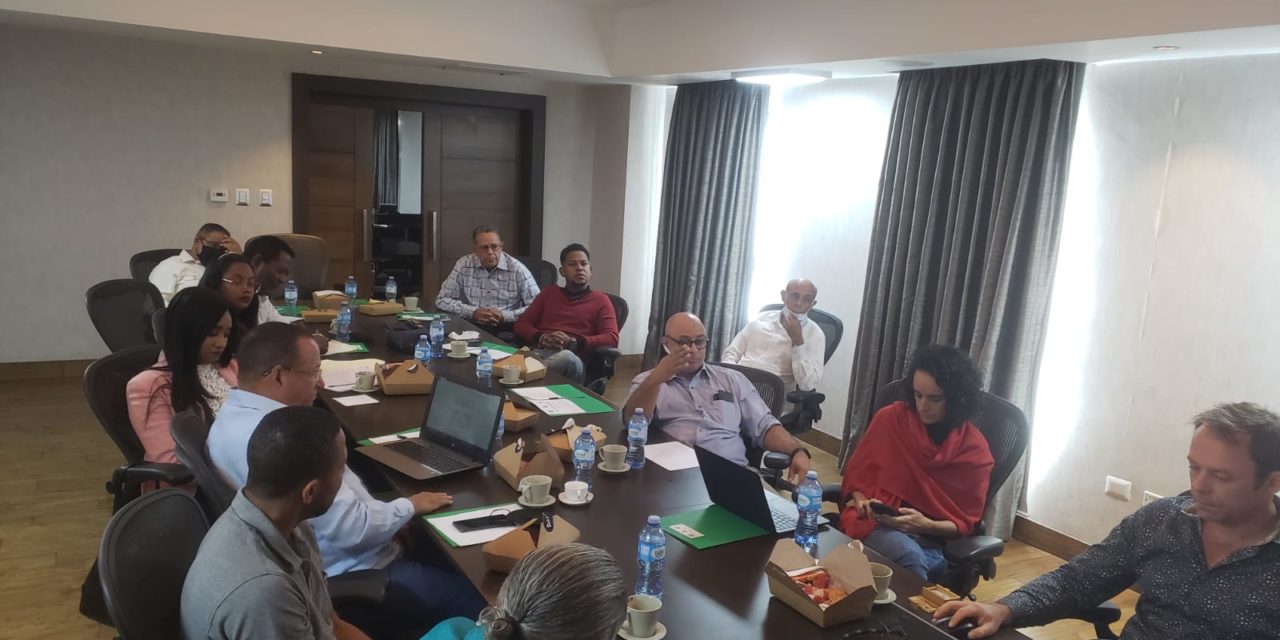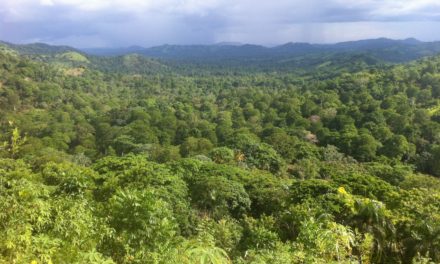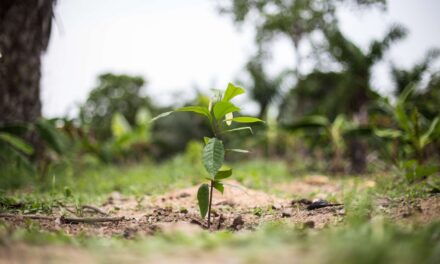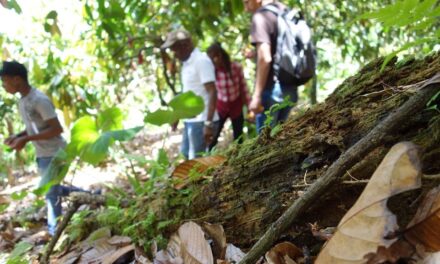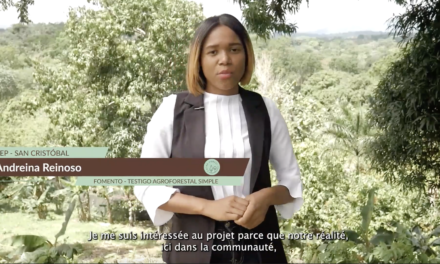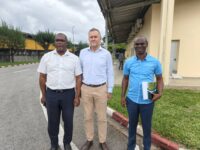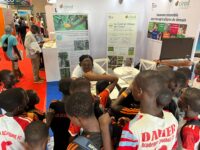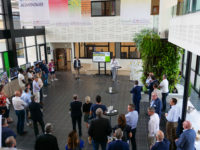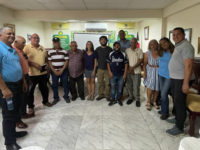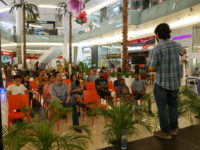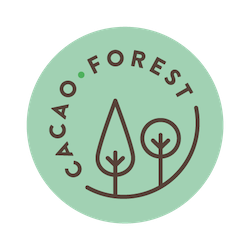The fourth technical committee meeting was held on the premises of the Comisión Nacional del Cacao (union of cocoa exporters) on Wednesday 14 December 2022. These meetings have been convened by the Cacao Forest project in preparation of the 12-year National Dominican Cacao Plantations Agroforestry Rehabilitation Plan (PRACAO) facilitated by a loan granted to the Dominican government by the Agence Française de Développement (AFD). At this fourth meeting the Cacao Forest CIRAD/EF coordination team aired and discussed the following matters with the 12 Dominican partners involved:
- the progress made by the Cacao Forest team since stage 3;
- a proposed coordination structure and suggested operational mechanisms for carrying out and monitoring activities on the ground;
- the four years of data generated by the Cacao Forest REP since it was set up at the end of 2018 and how this data can be used to inform the selection of agroforestry models to be proposed by PRACAO;
- the data available from our local public-sector (Ministries of Agriculture and the Environment, IDIAF and UASD) and private-sector partners (CNC, CEDAF, FUPAROCA, Rizek Cacao, CONACADO and COOPROAGRO) to be used to create a reliable baseline for PRACAO;
- the possibility of incorporating deforestation quantification and monitoring tools (in particular the High Carbon Stock Approach), which are necessary both to enable the Dominican cocoa industry to meet the new market requirements (European regulations) and to improve its traceability processes.
At the end of the meeting, Máximo Aquino and Brenda Figuereo, representatives of the Dominican Ministry of the Environment’s Department of Forest Resources, were invited to explain the current legal context regarding the inclusion of trees in the scheme and the use of trees in Dominican cacao plantations for timber. This diversification option, which would add value to cacao plantations in the medium to long term, is currently under-used in the Dominican Republic, essentially due to a lack of information and the relevant training for producers.
The participants agreed to hold a fifth meeting on 17 January 2023 to discuss in detail the following matters:
- infrastructure requirements (collections of cacao plantations, clonal gardens, nurseries, etc.);
- human resources requirements (technicians, scientists, nursery staff, grafting workers, pruning workers, etc.).
The meeting was attended by representatives of the Comisión Nacional del Cacao (CNC), Ministry of Agriculture (MARD), Ministry of the Environment, CEDAF, IDIAF, FUPAROCA, Rizek Cacao, COOPROAGRO, Finca Tierra Negra, CONACADO, and UNEV and ISA Universities.
